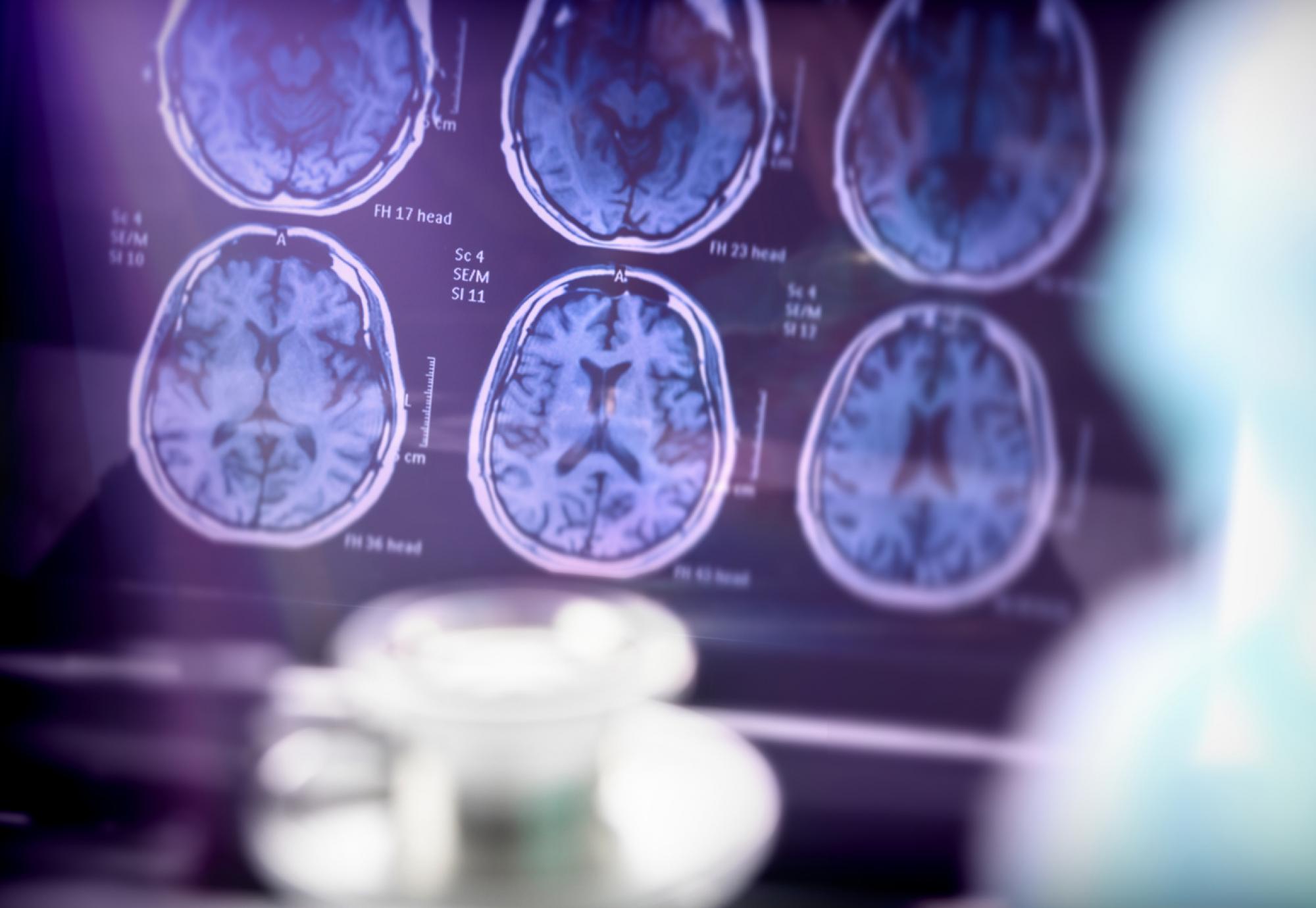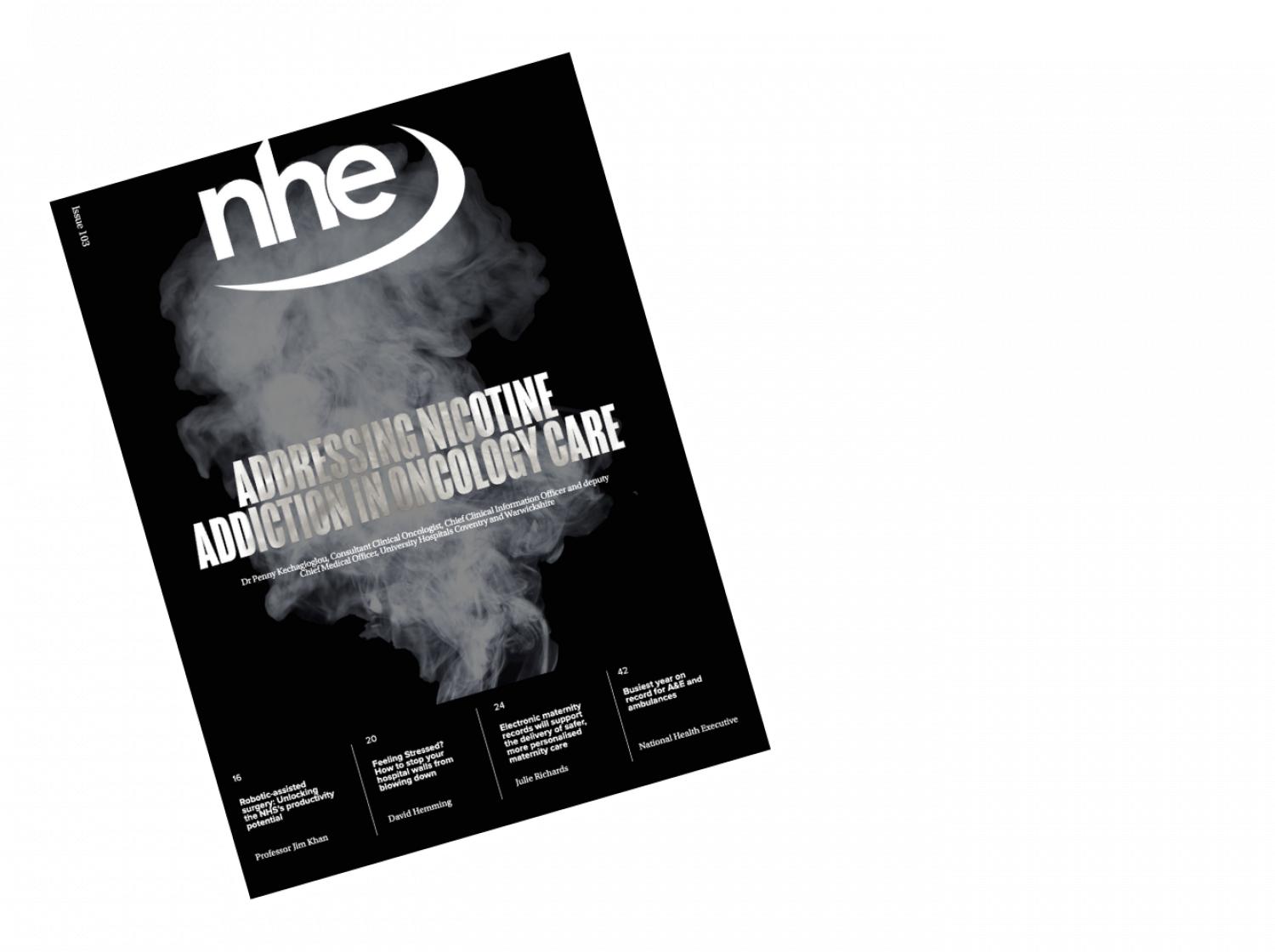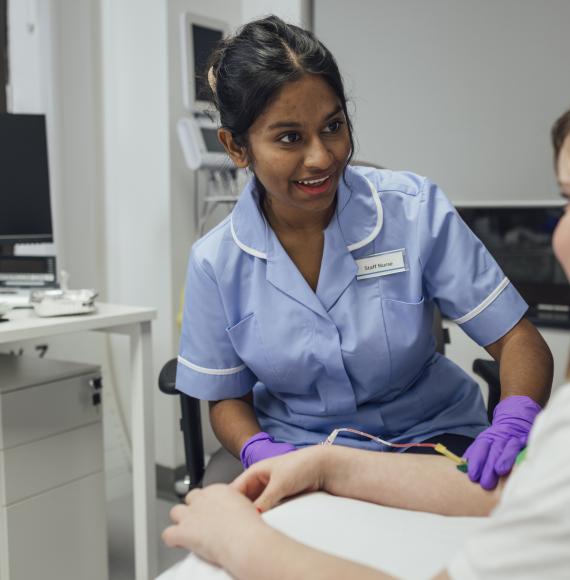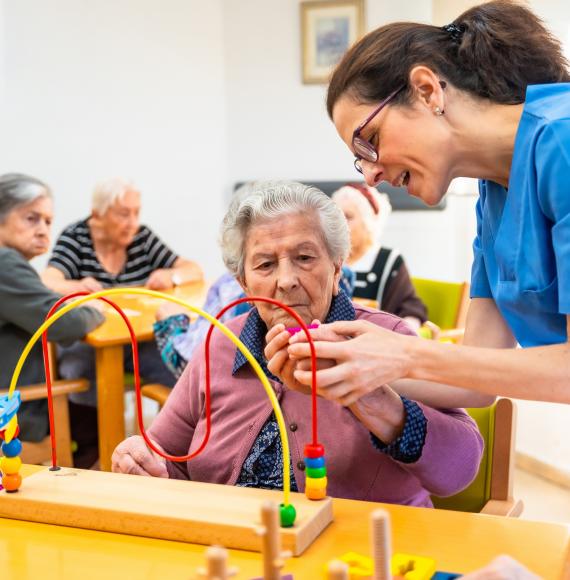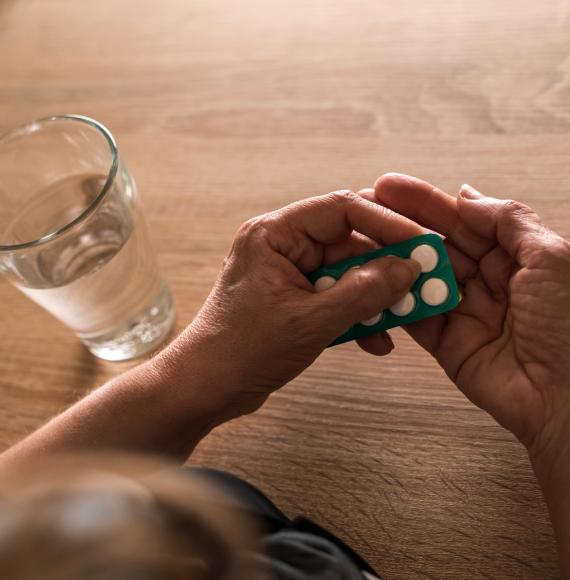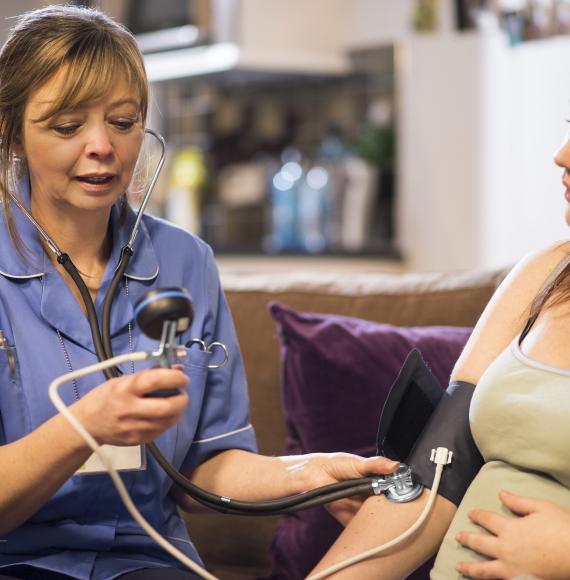New research is aiming to speed up Alzheimer's diagnoses by investigating whether a shortened MRI scan delivered alongside the use of biomarkers can be just as affective as a standard MRI.
Although MRIs are the current gold standard for diagnosing Alzheimer's disease, it can take up to half an hour to undergo the procedure meaning capacity can be limited, ultimately leading to some patients receiving less optimal CT scans.
To combat this, researchers from University College London Hospitals NHS Foundation Trust (UCLH), and its academic counterpart, will explore how effective a rapid MRI protocol combined with blood-based biomarkers can be compared to first-line diagnostics.
If successful, clinicians would be able to get diagnostic scans in just five minutes instead of the 20-30 minutes it currently takes.
UCLH neurologists Professor Nick Fox and Dr Cath Mummery will lead the research along with Geoff Parker, a professor of healthcare engineering at University College London.
The work will be funded by the prize money Prof Fox received after being awarded the Grand Prix Européen 2022 by the Fondation Recherche Alzheimer.
Established in 2004, the French Alzheimer research foundation was created by Professor Bruno Dubois, a neurologist specialising in Alzheimer’s and Dr Olivier de Ladoucette, a psychiatrist and geriatrician. It aims to improve the diagnosis of Alzheimer’s disease and catalyse new treatments.
“I was very honoured to receive this award from the Fondation Recherche Alzheimer,” said Prof Fox.
“Brain imaging is critical to diagnosis in dementia – and yet access to MRI scanners is limited – cutting the time for a scan would mean greater access to scans that could improve the quality and speed of diagnosis.”
The professor was honoured as a result of his pioneering research in the dementia field, including innovative ways of using MRIs to evaluate the progression of Alzheimer's and its early diagnosis. The atrophy measures he helped create are now widely used in clinical trials.
Image credit: iStock

